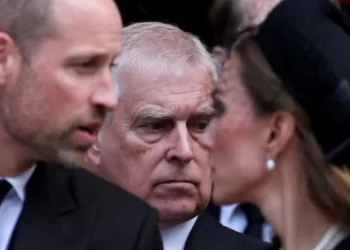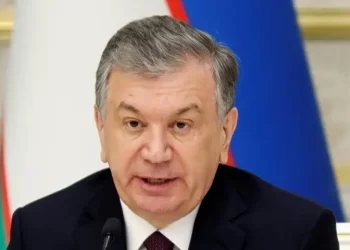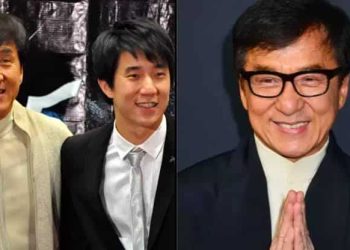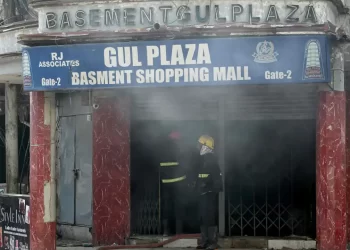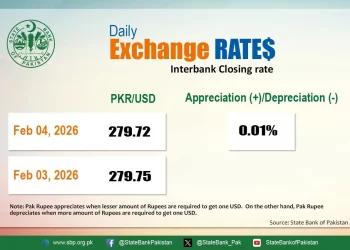Bearded and bespectacled, YM Masood has a quiet nature that suggests he’s older than age 20. A political science major, he plans to graduate from college in December, well ahead of schedule. He’s studying for the LSAT, the entrance exam for law school.
He has another frequent role as well: protester.
Masood, a student at the University of Illinois Chicago, has taken to the city’s streets in recent months for pro-Palestinian rallies, often weekly and – once – twice in the same day.
“Palestine is definitely No. 1 right now,” Masood says. Last spring, he also travelled by train to support pro-Palestinian encampments at the University of Chicago and Northwestern and DePaul universities.
That set the stage for this week’s Democratic National Convention, where thousands gathered to raise their voices on issues from the Middle East conflict to abortion and immigrant rights. Though the cameras often focused on scraps with police, the overwhelming majority marched peacefully.
Masood was often there, volunteering as a marshal to help organizers of these larger protests keep things in line. The overarching messages to the Democratic Party and its nominee, Kamala Harris, were clear: end the war in Gaza and stop sending aid to Israel.
For Masood and other students, the war has become a lightning-rod issue for their generation, just as the Vietnam War was in the 1960s and South Africa’s apartheid system was in the 1980s.
Says Masood: “We’re not going to stand by while all these people are suffering.”
The death toll in Gaza recently surpassed 40,000. In Israel, about 1,200 people have been killed, and officials there say more than 100 Israeli hostages, including two small children, remain in Gaza.
The national Harvard Youth Poll conducted last spring found that 60% of college students and 64% of those who already had a college degree supported a permanent cease-fire in the Middle East.
These protests, however, have continued to focus on the Palestinian people, as the war has destroyed huge numbers of homes and wiped out entire families.
“Before I got into activism, I was a lot more shy. … But for me, this is personal,” says Masood, who is a Muslim of Indian descent.
On campus, he’s known as the guy who drapes a red or black keffiyeh scarf around his shoulders. The Middle Eastern scarves have become an increasingly displayed symbol of solidarity with the Palestinian people.
His own keffiyehs belonged to his father and to his late uncle, who also protested in support of Palestinians when they were young.
“I have this duty to carry on … what (my uncle) stood for and bring new meaning to it,” Masood says. He jokes that he wears the scarves so often that people wonder if he washes them.
Occasionally, he says, his parents see him on TV at protests with groups such as Students for Justice in Palestine and Students for a Democratic Society.
“My parents … they’re kind of worried about me,” Masood says of his activism. They’re generally supportive, he adds – as long as he doesn’t get arrested.
On a breezy summer day just before the DNC, Masood sat on the grass with a small group, painting protest signs at a park on Chicago’s South Side.
One recent college graduate complained about her parents’ “weird liberal logic” when they asked her to take down a pro-Palestinian sign outside their home so it wouldn’t overpower conversations with their guests, even if Democrats.



